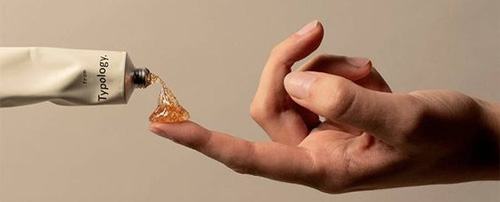Menstruation is a natural part of life, but the way we experience and manage our periods changes as we move through different stages of life. From the first cycle in adolescence to the final one at menopause, our bodies and needs evolve. Understanding these changes can help in choosing the right period care products and adopting the best practices for menstrual health.
Teen Years (13-19): The Beginning of Menstrual Health
For many, the teenage years mark the start of menstruation, known as menarche. During this phase, periods may be irregular, lighter or heavier than expected, and often accompanied by cramps or hormonal acne.
Best Period Care Tips:
✅ Use comfortable and easy-to-manage period products like pads or period panties.
✅ Track your cycle using apps to understand patterns.
✅ Stay hydrated and eat a balanced diet to manage period symptoms.
20s and 30s: Establishing a Routine
In your 20s and 30s, menstrual cycles become more regular. However, lifestyle factors such as stress, diet, pregnancy, or birth control can impact the cycle. Some women may also experience conditions like PCOS or endometriosis, affecting their periods.
Best Period Care Tips:
✅ Explore different menstrual products such as tampons, menstrual cups, or organic pads for comfort.
✅ Manage period cramps with light exercise, hydration, and heat therapy.
✅ Consult a gynecologist if you notice irregularities, extreme pain, or unusual flow.
40s: Perimenopause and Irregular Cycles
As women enter their 40s, they begin transitioning into perimenopause—the phase leading up to menopause. During this time, periods may become irregular, heavier, or lighter, and symptoms like mood swings and hot flashes may appear.
Best Period Care Tips:
✅ Use ultra-absorbent pads or period underwear for unpredictable flow.
✅ Maintain a healthy lifestyle with exercise and a nutrient-rich diet to balance hormones.
✅ Keep track of period changes and consult a doctor if cycles become excessively heavy or prolonged.
50s and Beyond: Menopause and Beyond
Menopause officially occurs when a woman goes 12 months without a period. However, hormonal shifts may still cause occasional spotting or discomfort.
Best Period Care Tips:
✅ Stay hydrated and consume calcium-rich foods to support bone health.
✅ Manage hormonal changes with mindfulness, yoga, or professional guidance.
✅ If you experience postmenopausal bleeding, consult a doctor to rule out any health concerns.
Final Thoughts
Menstrual needs evolve throughout life, and choosing the right period care can make each stage more comfortable. Whether you’re a teen just starting your cycle or a woman navigating menopause, understanding your body and using the right products is key to maintaining menstrual wellness.


